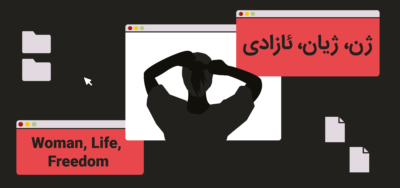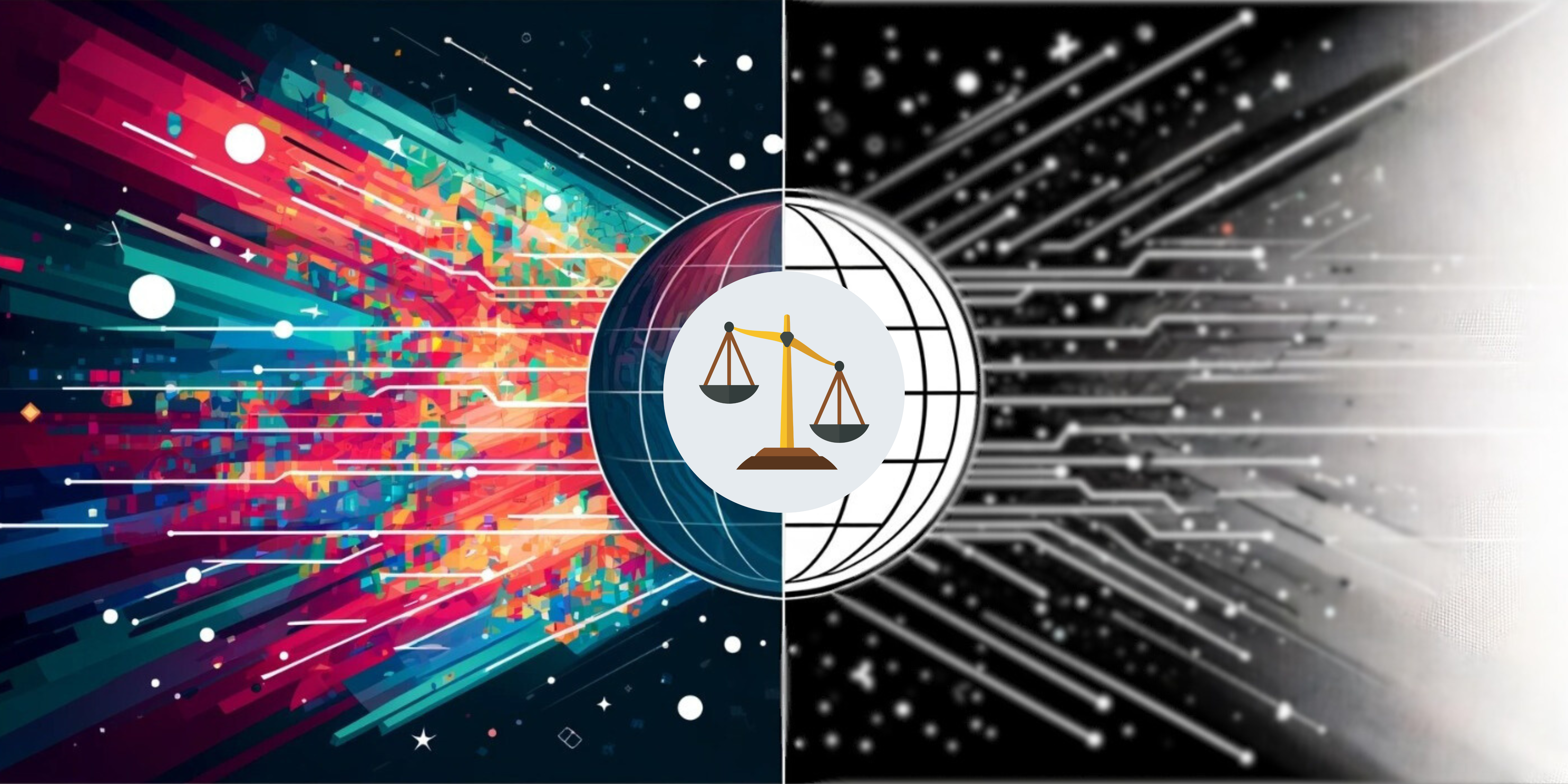A key and rising goal for the Islamic Republic in recent years is to establish domestic platforms that are controlled and censored, where users are verified and monitored and have limited access to specific internet content.
In this context, further progress and developments took place from July 1 to August 2, 2023. Mohammad Amin Aghamiri, the new Secretary of the Supreme Council of Cyberspace and the head of the National Center of Cyberspace, is one of Iran’s most radical decision-makers, with extensive experience in cyberspace. He recently emphasized the need for a “content production movement” and “domestic platforms aligned with Islamic and Iranian principles” at two conferences. He also highlighted the importance of producing content and improving public literacy based on these values. Moreover, he called for “more rigorous regulatory measures” by the government in communication technologies, saying, “If the regulatory authority fails to define the framework and perform its regulatory role, both individuals and businesses will face challenges.”
Eisa Zarepour, the Minister of Information and Communications Technology, has also supported the establishment and oversight of these domestic platforms.. He expressed, “A country lacking its own digital platforms and influence in the digital arena will encounter governance challenges.” He also regarded regulatory laws as a practice adopted in European countries.
Zarepour is also looking into ways to connect messaging platforms to benefit users. This has been largely implemented in the past month, with all domestic messengers except Rubika Messenger becoming part of this network. This creates an “internal interaction” network, where users on different domestic messengers can message each other.
Last month, in a meeting with the communication ministers of Economic Cooperation Organization (ECO) member nations, Zarepour suggested to the Tajik Minister of Communications that his country adopt Iranian domestic platforms. He had previously made similar proposals to other ECO member states and neighboring countries in the region. It is unclear if the Iranian Minister of Communications is seeking to promote Iran’s “interactive” messaging platforms among the region’s countries.
The rest of this report will examine the key developments in Iran’s digital policy sphere from July 1 to August 2, 2023.
State Emphasis: Creating Domestic Platforms Rooted in “Islamic and Iranian Principles”
On July 15, 2023, Mohammad Amin Aghamiri, the Secretary of the Supreme Council of Cyberspace and the head of the National Cyberspace Center, stated: “One of our foremost priorities is the creation of domestic platforms that reflect Islamic and Iranian values. We should adhere to the intellectual foundations and principles of the Islamic Revolution while developing domestic formats and platforms. Additionally, we should align content production, education, and the promotion of public literacy with these values. Initiating a ‘content production movement’ rooted in our local culture is considered a crucial government responsibility toward the people.”
Secretary of the Supreme Council of Cyberspace: The Need for “Enhanced Regulation” in Communication Technologies
On July 12, 2023, Mohammad Amin Aghamiri spoke about the need for “Enhanced Regulation” by the government in communication technologies and businesses. He stated: “While it’s common worldwide for businesses to outpace regulatory bodies, ultimately, the regulatory authority establishes the framework. Without proper regulation, both individuals and businesses will face adverse consequences.”
Iran’s Collaboration Efforts with ECO Member Nations: Promoting Iranian Platforms in Tajikistan
On July 14, 2023, the Iranian Minister of ICT discussed with the Tajikistan Minister of ICT how to enhance bilateral cooperation in space and communications. He suggested using Iranian platforms in Tajikistan through a collaborative effort.
They also addressed other issues, such as boosting collaboration in mail, electronic government, and digital security. The Iranian Minister of ICT expressed interest in forging bilateral cooperation with Tajikistan in these domains.
The ITU Requires Starlink to Obtain a License from Iran for Its Presence
The International Telecommunication Union (ITU) ruled on July 6, 2023, that Starlink must get a territorial license from the Iranian government to operate in Iran. The Islamic Republic had asked the ITU to prohibit Starlink from Iran in March 2022.
Foreign SIM Cards Used for SMS Authentication Fetch High Prices in Iran
In early July 2023, Iranian media reported that foreign SIM cards were being sold online in the Iranian market for prices in the tens of millions of tomans. A field report by the Digiato website on July 19 described how these SIM cards were mostly used for “SMS authentication” to access online user accounts that were restricted.
Linking All Local Messaging Apps Together, Except Rubika Messenger
According to the Peivast Monthly report on July 1, 2023, Hamed Monkaresi, the Deputy Director of Policy and Accreditation of the Information Technology Organization, declared that all domestic messaging apps, except Rubika, were linked together, allowing them to exchange messages.
The Minister of ICT Supports the Growth of Domestic Platforms and Regulatory Laws
Zarepour, the Minister of Information and Communications Technology, said at a public gathering on July 9, 2023:: “A country lacking its own digital platforms and influence in the digital arena will encounter governance challenges.” He also said that regulatory laws are a process adopted in European countries.
Tax Incentives to Attract Verified Businesses onto Domestic Platforms
The Council of Ministers approved tax incentives on June 21, 2023, to encourage internet businesses to operate on domestic platforms. These businesses must authenticate themselves using a national ID code and a mobile phone, and they must also report their transactions online.
The Government’s Plan to Introduce a “Financial Verification System” for Citizens
On July 16, 2023, Mehran Moharamian, the Vice President of the Central Bank of Iran for New Technologies, announced the Central Bank’s plan to launch a financial verification system. This system will collect various user data, such as financial status, driving violations, and tax records.
The Government’s Support for Mobile Phone Importers to Access the Local Mobile Phone Production Program
The Digiato report and documents from the National Free Access to Information Portal show that the government is offering land, warehouses, and financial assistance to companies that import mobile phones. This initiative is intended to boost domestic mobile phone production.
The National Passive Defense Organization’s Cyber Emergency Security Program
On July 12, 2023, Commander Gholamreza Jalali, the leader of the National Passive Defense Organization, announced the start of the Cyber “Emergency Security” Program. This program is designed to prevent simple and avoidable harms and cyberattacks, and it will be tested in the provinces of Khorasan-Razavi and East Azarbaijan.
The Government’s Plan to Connect Villages with Over 20 Households to the Internet by Year’s End
The Minister of ICT, Eisa Zarepour , presented the communication services development plan for rural areas in Parliament on July 18, 2023. He highlighted that 100 villages in Sistan and Baluchestan have already obtained internet connectivity, and the aim is to connect all villages with more than 20 households to the internet by March 2024.









